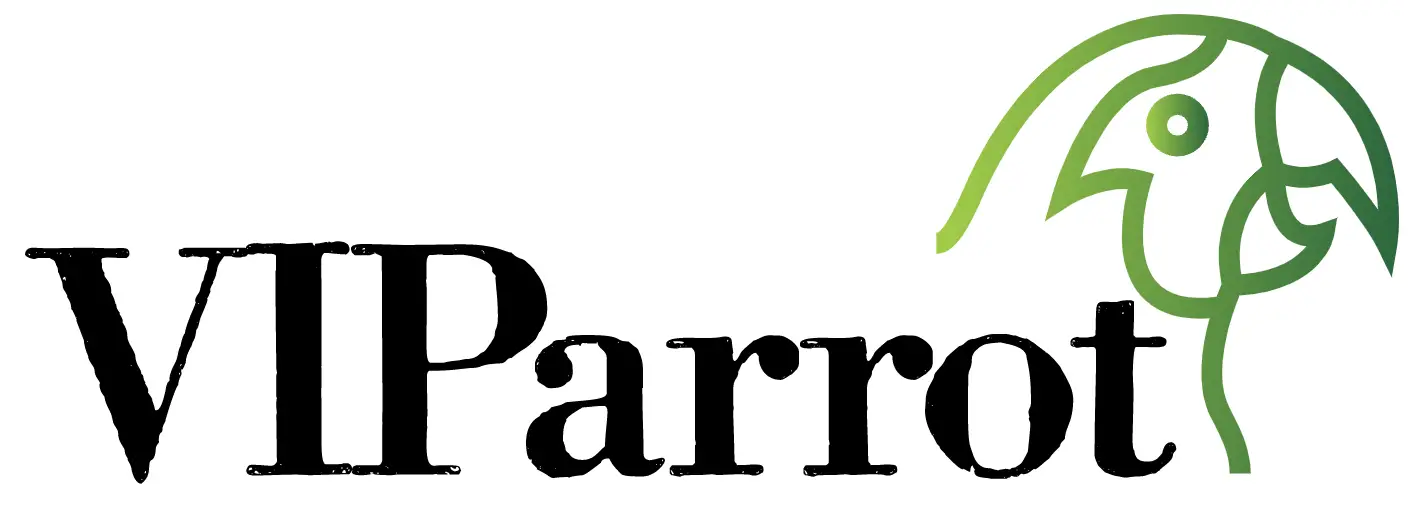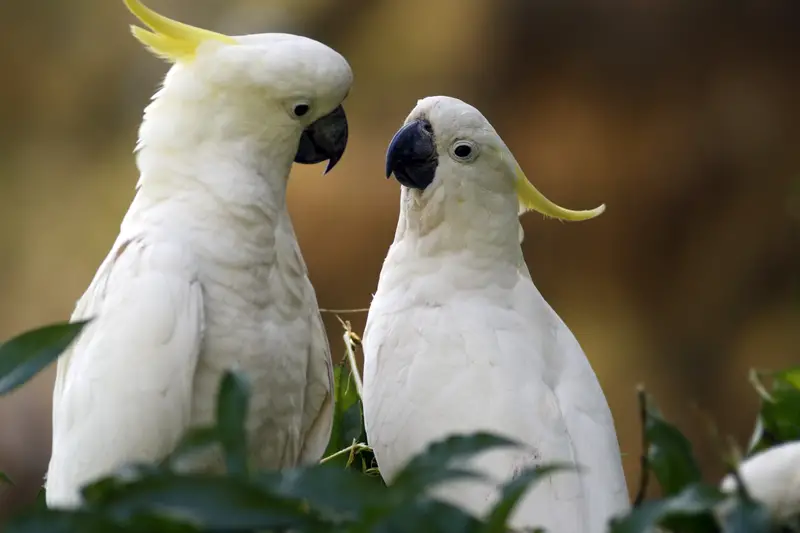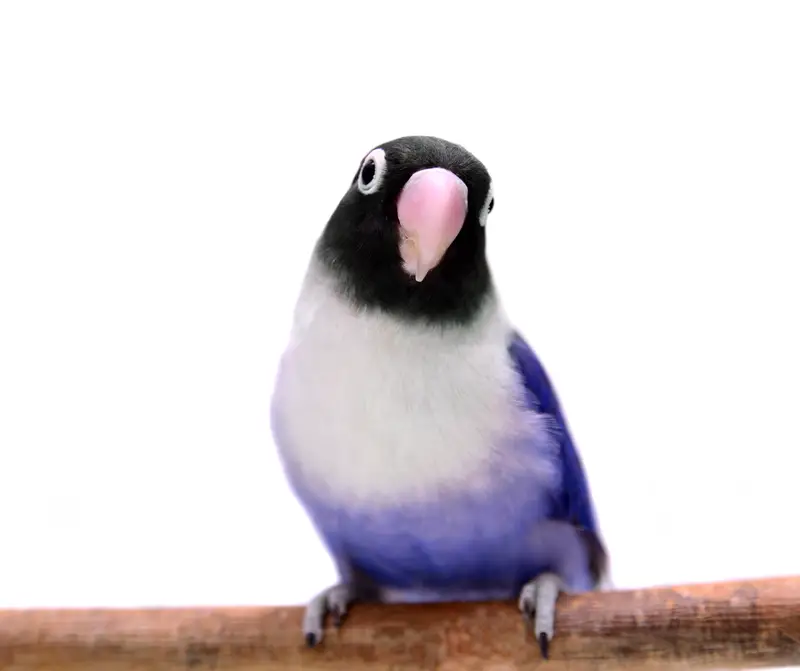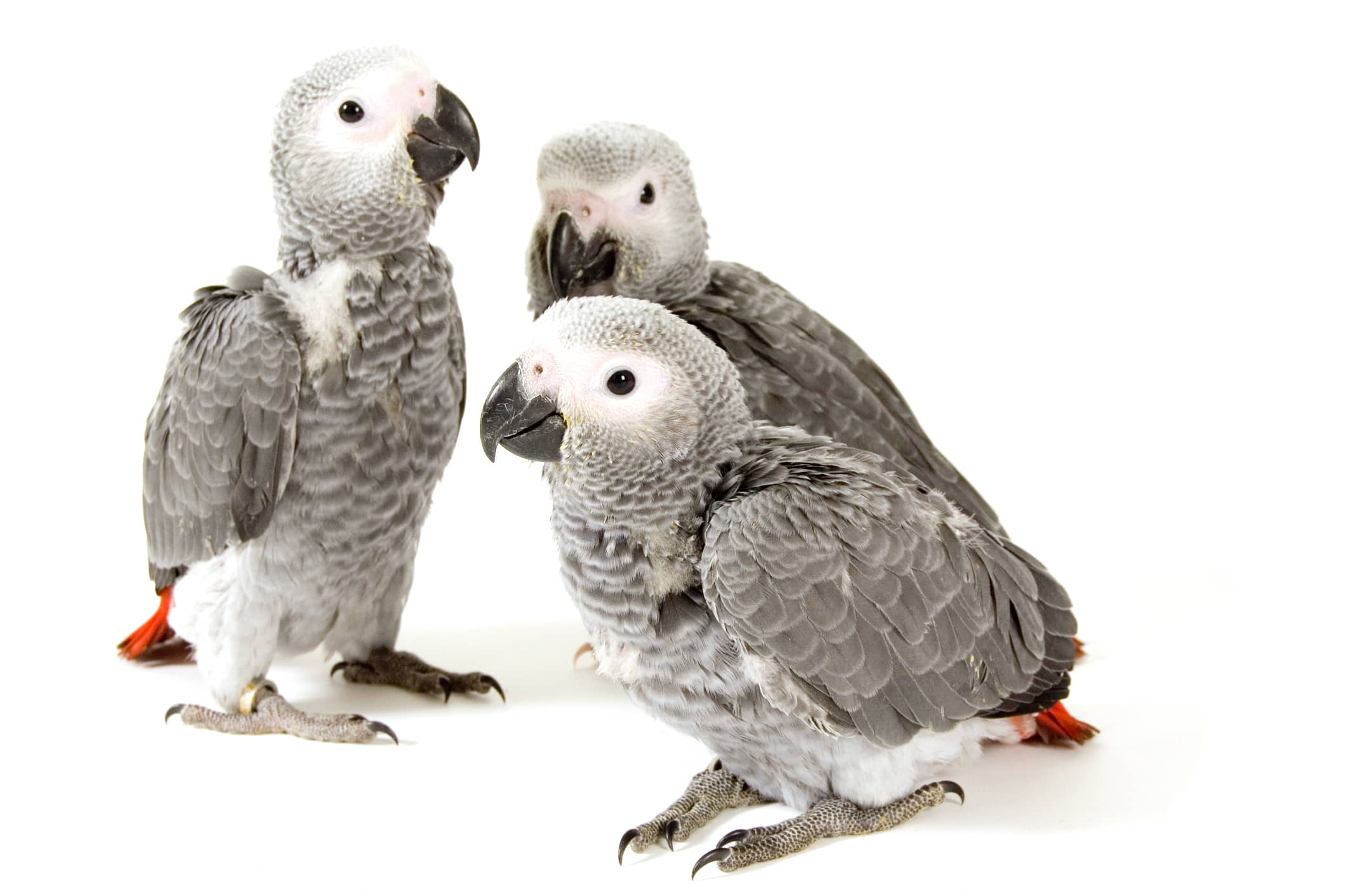Interesting Facts About Parrots 2023
Parrots Live Very Long Lives
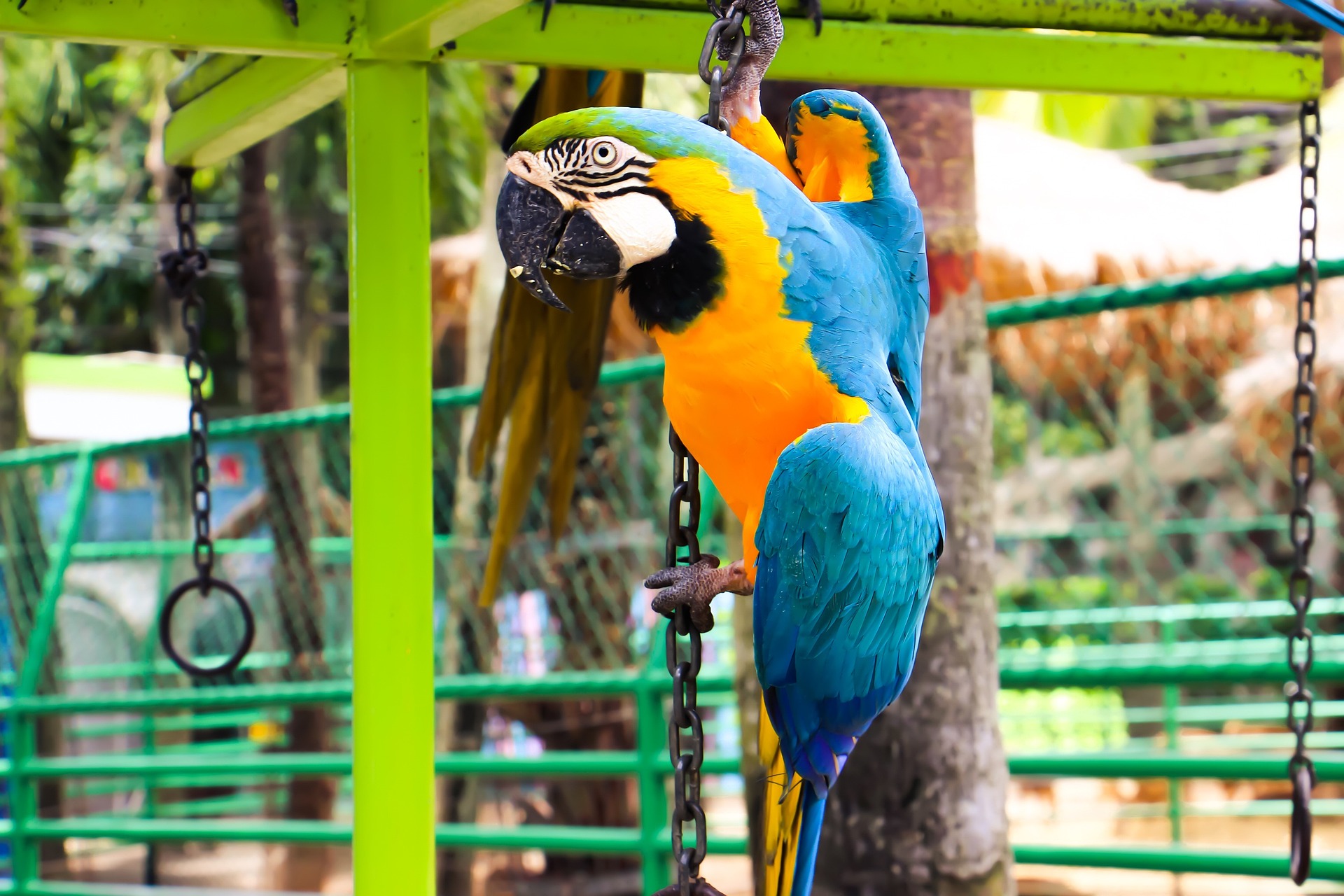
The parrot has an exceptional life span compared to other bird species.
The average age of a bird is about 6 years; while parrots can reach an age of up to 90 years old.
So, when you decided to adopt a parrot, you should be ready for a commitment of many years.
A Parrot's Vocabulary can Expand up to 150 Words
The parrot is also well-known for its intelligence. The African grey parrot (Psittacus erithacus) can learn, remember and communicate with a vocabulary of 150 human words.
The intelligence of parrots is proved by the ability to associate words they learn with objects or situations. Some avian experts believe that parrots have the logic of a four-year-old person.
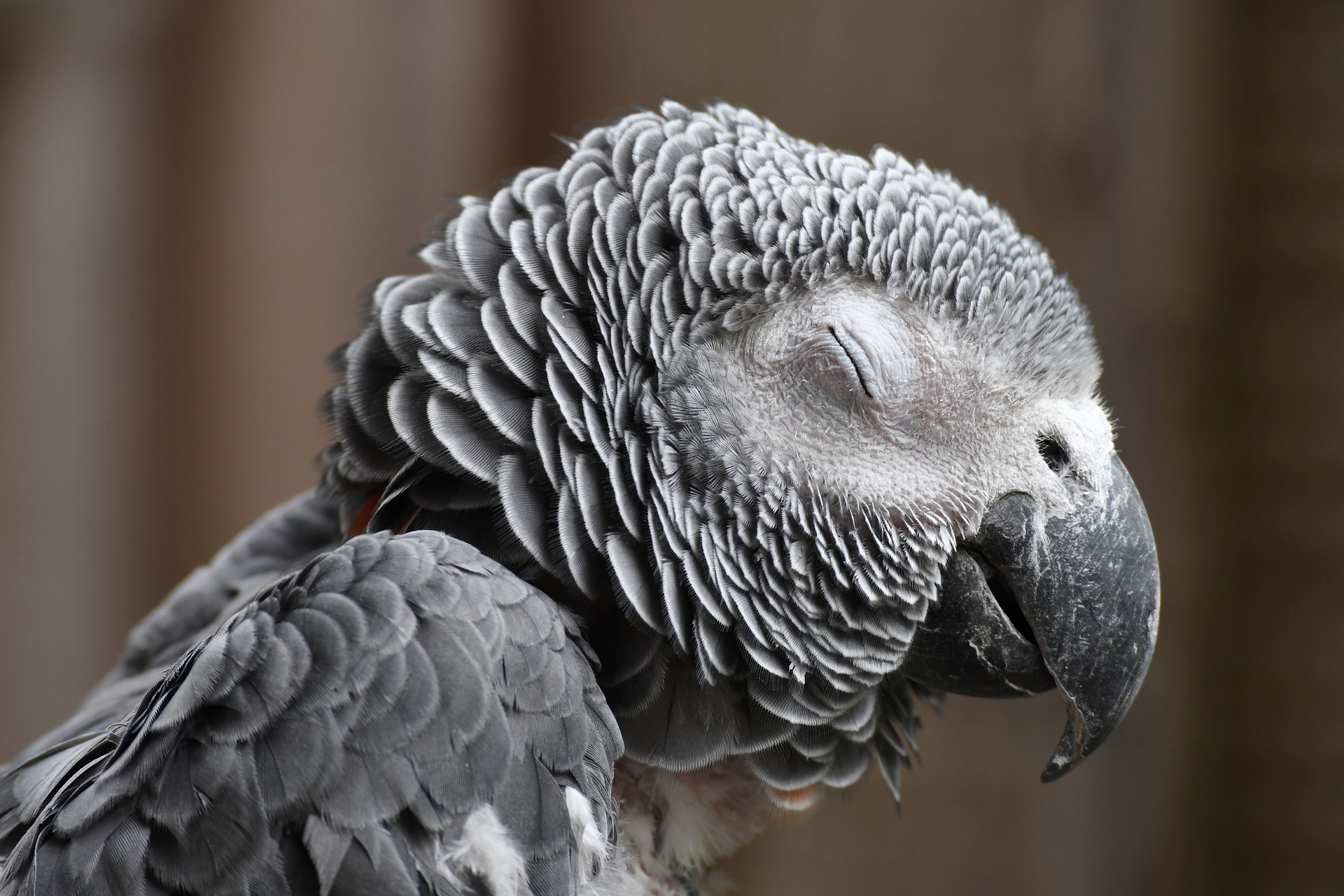
The Parrot's Beak is Strong Enough to Crack a Coconut

The parrot is one of the most beautiful bird species in the world. Apart from its beautiful wings and feathers, its major characteristic is its special beak, which the parrot considers as its hand.
The beak is important in the daily life of parrots. The beak is used for searching for food, climbing, holding and manipulate things. The parrot’s beak is strong enough to crack the hardest nut which is macadamia nuts or to crack a coconut.
Parrot's are the Only Species that can Eat with their Feet
Parrots are born with “Zygodactyl Feet”. They have four toes on each foot, two facing forward and two facing backward.
Their feet are like human hands. It means that parrots can pick up objects with their special feet, and even pick up food and carry it to their mouths; this is an ability that other bird species do not have.
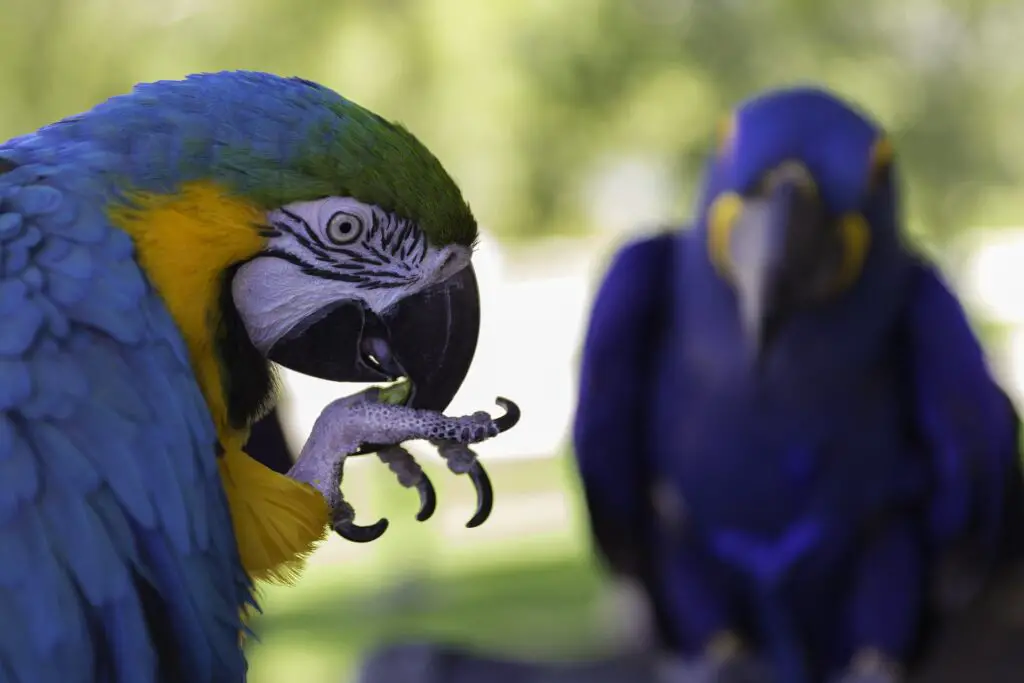
Parrots are Omnivores
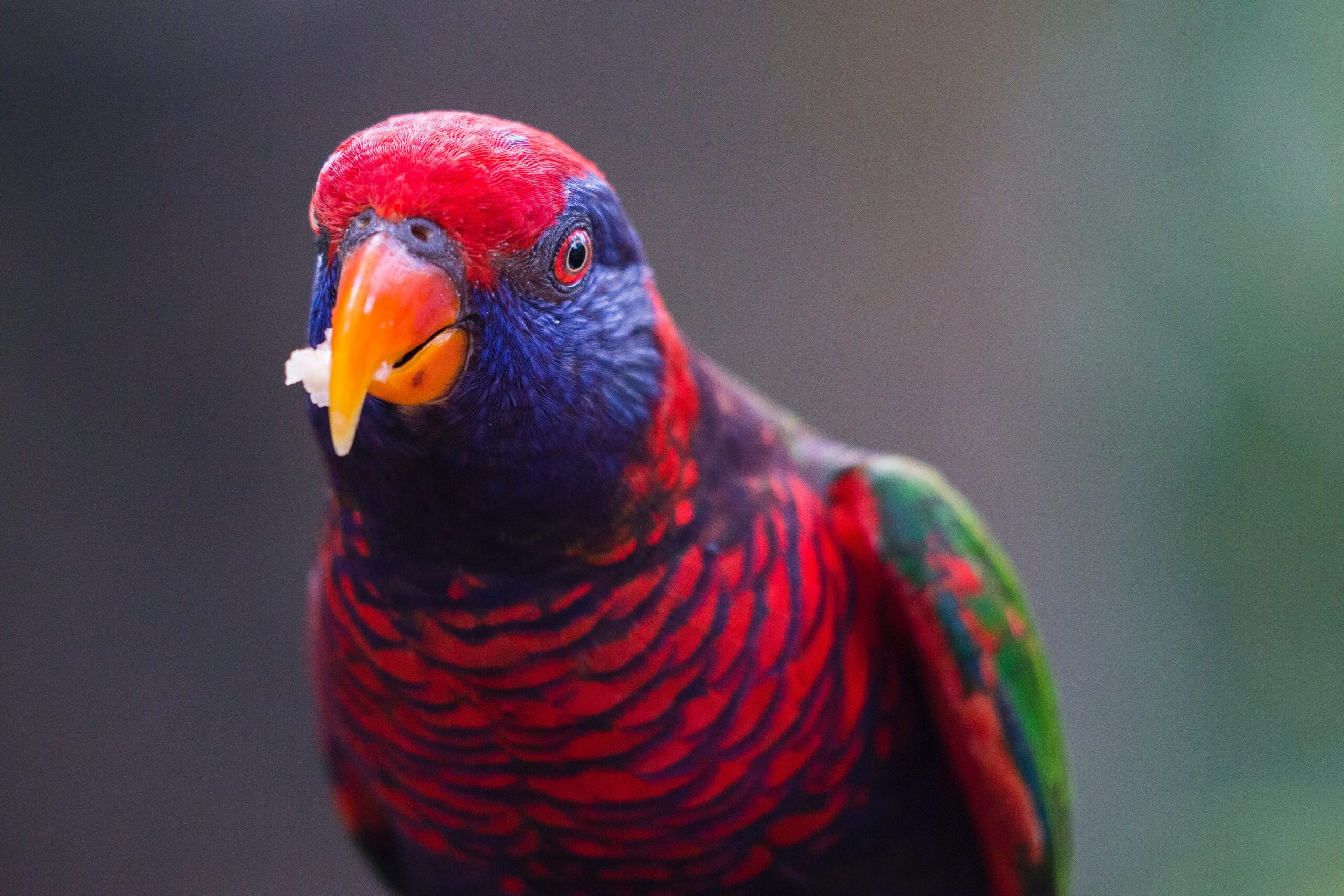
Parrots are omnivores; thus, they can eat both vegetation and meat.
Their favorite food is seeds and nuts. Besides, the parrot can use its beak to dig insects.
What is an ideal parrot diet?
To enhance the longevity of your parrot, a proper and balanced diet of fresh and clean food ingredients is essential. But what is a balanced diet?
According to veterinarians, an ideal eating regime is as below:
– Dairy and Meat – 5% of the diet
– Seed and Nuts – <1% of the diet
– Grain products – 50%
Grain Products – 50%
What we mean grain products here are whole grains and not white grains. Here are some suggestions for you:
– Cereal
– Noodles
– Pasta
– Rice
– Oatmeal
These whole grains are rich in vitamins, minerals, proteins, and carbohydrates, which are essential for the health of parrots. Pellets are an ideal product that we strongly recommend you to feed your bird-pet as they are available in different shapes and sizes to help you to serve your pet easier though still provide enough nutrition.
Vegetables and fruits – 45%
Vegetation is the second most important part of the diet of parrots. They can be fully-cooked, semi-cooked or raw. The thing that you need to care about is that they are fresh and clean. For serving, you should wash thoroughly the vegetables and fruits and then chop them into small pieces for your bird. Here are some recommended vegetables and fruits:
– Cherry pepper
– Chili peppers
– Cilantro
– Collard greens
– Corn
– Comfrey
– Cucumber
Dairy and Meats – 5%
Lactose containing in dairy products are intolerant for parrots. However, dairy products are also a source of calcium, which needs to be included in the parrot’s diet. So, a very small amount of these products should be added in the daily meal of parrots.
Here are some recommended dairy products:
– Cheese (used in cooking only, cheddar has the highest fat and calories)
– Cottage cheese
– Eggs (including clean shells)
– Yogurt
Meat is another small ingredient in the diet of parrots. Yes, parrots can eat meat but fully-cooked meat (Never rare!). Here are some suggestions:
– Chicken
– Fish (remove bones)
– Lamb
– Liver
– Ribs (beef)
– Roast beef (well done)
Seeds and nuts – 1%
Although they are the most favorite foods of parrots in the wild, in fact, they are not a good choice for nutrients. They are high in oil and fat, which can cause obesity to parrots and fatty liver disease. Here are some examples:
– Almonds
– Brazil nuts
– Cashews
– Filberts
– Hazelnuts
– Macadamia
– Peanuts
